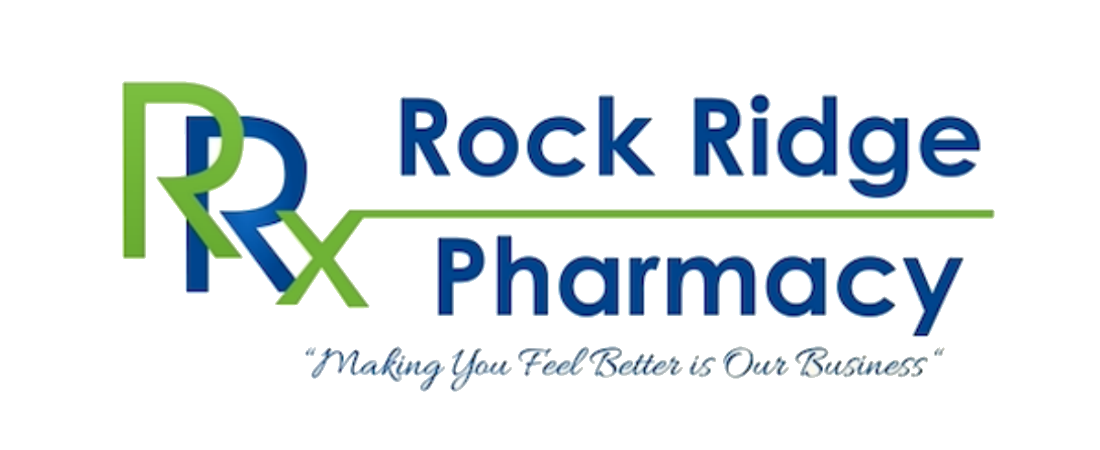If you’re in your 30s or 40s and you’ve started feeling unusually tired, emotionally drained, or just… not quite like yourself, your body may be entering perimenopause. That’s right—perimenopause isn’t just for women in their 50s. It can begin earlier than most people realize, and the symptoms can sneak up on you before you even know what’s happening.
The good news? You’re not broken, you’re not crazy, and you’re definitely not alone. Once you understand what perimenopause is and how to support your body naturally, you can feel vibrant, balanced, and more like you again.
What Is Perimenopause — and Why You Shouldn’t Ignore It
Perimenopause is the hormonal transition leading up to menopause, and it can begin 8–10 years before your periods stop completely. During this time, your ovaries slow down their production of estrogen and progesterone, two hormones that regulate mood, energy, sleep, and reproductive health.
That hormonal drop—and more importantly, the fluctuations—are what cause the rollercoaster of symptoms like:
- Mood swings
- Hot flashes
- Night sweats
- Fatigue
- Irregular cycles
- Brain fog
- Low libido
This is not just “getting older” or “being tired from life.” It’s a hormonal shift that deserves attention and care. “Women often suffer in silence during perimenopause because they don’t realize what’s happening,” says Dr. Alyssa Dweck, OB-GYN and co-author of The Complete A to Z for Your V. “Recognizing the signs early gives you the power to manage your health—not just endure it.”
Think You’re Too Young for Perimenopause? Think Again
It’s a common myth that perimenopause only affects women in their late 40s or 50s. But science tells a different story. A 2022 study in Journal of Women’s Health found that 64% of women aged 36–40 reported symptoms consistent with perimenopause.
That means if you’re in your late 30s or early 40s and feeling “off,” it could very well be hormonal. Sadly, many women spend years attributing their symptoms to stress, poor sleep, or simply trying to juggle too much. While those are valid stressors, they often compound hormonal changes—not replace them.
Ignoring early signs can prolong your discomfort. Recognizing perimenopause early means you can act sooner, feel better faster, and protect your long-term well-being.
Common Perimenopause Symptoms to Watch For
Perimenopause doesn’t look the same for every woman, but some symptoms appear again and again. If you’re experiencing any of the following, your hormones may be shifting:
- Hot flashes or sudden heat surges
- Irregular periods (shorter, longer, heavier, or missed cycles)
- Mood swings, anxiety, or irritability
- Night sweats that disrupt your sleep
- Insomnia or feeling exhausted even after sleeping
- Vaginal dryness or changes in libido
- Brain fog or forgetfulness
- Breast tenderness and bloating
If these sound familiar, know that your experience is valid—and manageable.
Why Awareness Matters for Women 35+
Being proactive in your 30s and early 40s is more than just self-care—it’s preventive healthcare. Addressing perimenopause symptoms early can help:
- Improve your quality of life
- Prevent sudden hormone crashes in your late 40s
- Protect your bone, heart, and cognitive health
- Stabilize mood, sleep, and energy naturally
You deserve to feel good now—not just after menopause. Don’t wait to take action.
Natural Support to Help You Feel Like Yourself Again
While every woman’s experience is unique, many find relief with natural supplements that support hormonal health. These pharmacist-recommended picks from RockRidgePharmacyShop.com are trusted by women across the country:
1. Evening Primrose Oil
A rich source of GLA (gamma-linolenic acid), evening primrose oil supports hormonal balance and helps ease hot flashes and mood swings. Studies show evening primrose oil can reduce hot flash intensity and improve general comfort.
2. Magnesium Glycinate
Well-known for promoting deep relaxation and better sleep, this highly absorbable form of magnesium glycinate also soothes nerves, eases muscle tension, and supports estrogen balance. It’s especially useful for women battling insomnia or anxiety.
3. DIM + Vitex (Chasteberry)
This powerful duo supports hormone detox and cycle regularity. DIM helps convert strong estrogens into gentler forms, while Vitex lowers prolactin and stabilizes progesterone. Great for irritability, bloating, and breast tenderness.
4. MedCaps Menopause Support (Xymogen)
A professional-grade supplement that combines non-soy plant estrogens, calming adaptogens, and adrenal-supporting herbs. Ideal for women looking for an all-in-one formula to manage multiple symptoms.
How to Incorporate Medcaps Menopause into Your Routine
- Start one at a time to monitor your body’s response
- Take magnesium at night to aid with sleep
- Use DIM + Vitex earlier in the day to support hormone metabolism
- Stick to a consistent routine for 4–6 weeks for best results
And always consult your healthcare provider—especially if you’re on other medications.
Lifestyle Tips to Ease the Transition Naturally
Supplements are powerful, but lifestyle plays a huge role in how you feel during perimenopause. Try these expert-approved tips:
- Eat hormone-friendly foods: Load up on leafy greens, cruciferous vegetables, flaxseed, and healthy fats
- Move your body daily: Even light exercise boosts endorphins and improves estrogen metabolism
- Sleep smarter: Magnesium, screen-free evenings, and a cool room make a world of difference
- Lower your stress levels: Try deep breathing, yoga, or simply saying “no” more often
Take Charge of Your Hormones — and Your Happiness
Perimenopause isn’t the end—it’s a powerful new beginning. With the right tools and support, this phase of life can be one of clarity, strength, and deeper self-connection. You don’t have to settle for surviving. You can thrive.
Ready to take action? Explore trusted perimenopause supplements like Evening Primrose, Magnesium Glycinate, and DIM + Vitex at Rock Ridge Pharmacy. Your comfort starts here.
Frequently Asked Questions
1. How do I know if I’m in perimenopause or just stressed?
While stress can mimic some symptoms, perimenopause includes hormonal signs like irregular cycles, hot flashes, and vaginal dryness. A symptom tracker and bloodwork from your provider can help clarify.
2. Are these supplements safe to take with medications?
Generally, yes—but always consult your healthcare provider to ensure there are no interactions with current prescriptions.
3. How long does perimenopause last?
It typically lasts between 4 and 10 years, depending on individual factors. Managing it early can reduce its intensity.
4. Can I reverse perimenopause symptoms naturally?
You can’t stop the process, but you can significantly ease symptoms with nutrition, supplements, movement, and sleep support.
5. What’s the best first step?
Start by tracking your symptoms, speaking with a provider, and integrating one supportive supplement at a time into your daily routine.





